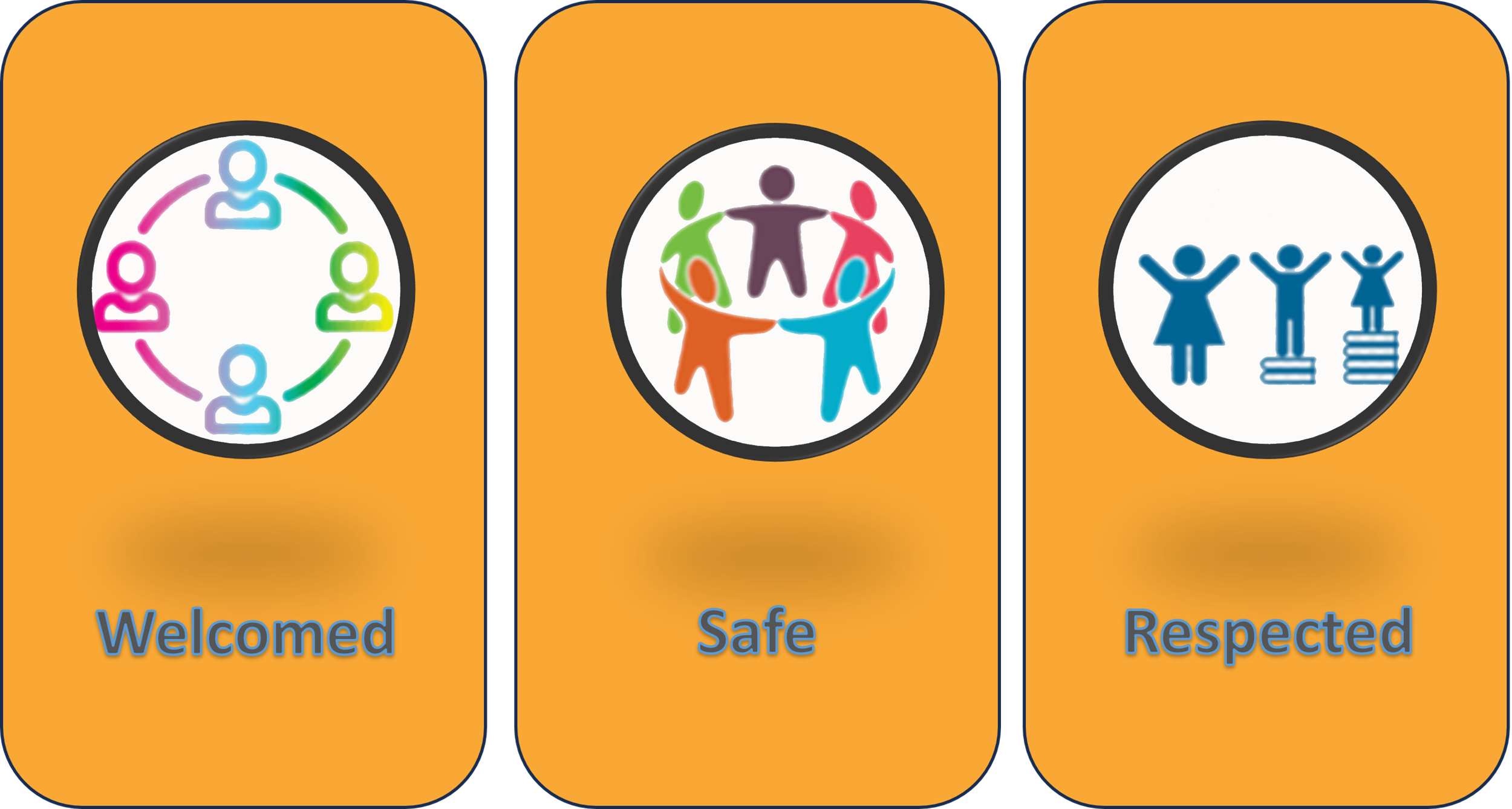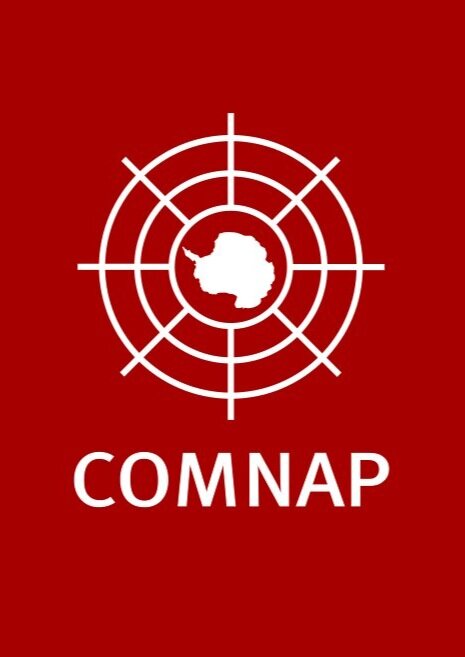
Ensuring everyone is welcomed, safe & respected and Preventing Harassment in Antarctica
Start Date: August 2023
End Date: 2026
Background
Every person deserves to feel welcomed, safe, and respected. Improving individuals’ understanding of equity, diversity and inclusivity (EDI) and incorporating EDI principles in the organizational structure of COMNAP is part of a COMNAP Project to ensure, as a community, we achieve this, especially in regard to everyone who deploys to Antarctica with a national Antarctic program.
Project Objectives
Many National Antarctic Programs have their own initiatives underway aimed at improving EDI and preventing harassment. COMNAP Members have a unique perspective on these topics, working at the interface between diverse communities and cultures, and often in remote Antarctic stations, field camps and on vessels. The remote nature of the work is sometimes coupled with unclear or complicated reporting structures which do not optimally support people when they need that support the most. For EDI and harassment prevention to be effective in the deployed Antarctic environment, all sectors – researchers, operators, visitors – must be considered. This project is important because it will seek to provide that “whole of program/community” perspective.
Strategic Fit to COMNAP
This project will contribute to item 12 of the Antarctic Treaty Consultative Meeting’s Multi-Year Strategic Work Plan, which is to “address equality, diversity and inclusion issues, by promoting full participation of underrepresented groups in Antarctic science and operations activities across all Antarctic issues, including science, operations, policy and law.”
This project will be guided by the vision contained in COMNAP’s publication entitled “Welcoming the Power of Diversity within our Membership,” and will seek to further the goals described in that document. The project will also contribute to the work of the COMNAP Safety Expert Group, which includes in its Terms of Reference “a focus to prevent harassment in the Antarctic, to concentrate on well-being and to acknowledge, confirm and support equity, diversity and inclusion in all Antarctic activities.”
For EDI and harassment prevention to be effective in the deployed Antarctic environment, all sectors – researchers, operators, visitors – must be considered. This project is will seek to provide that “whole of program/community” perspective. In 2022, COMNAP presented Welcoming the Power of Diversity in our Membership.
Project Outputs and Outcomes
The “hub” will consist of three components:
a community of practice that convenes bi-annually to provide interested programs a forum to ask questions, share information, and discuss challenges and successes in EDI and harassment prevention,
a resource library with tools, trainings and templates that programs can consider using or adapting for their own programs, and
a “digital” Invited Speaker series in which individuals with expertise in EDI and harassment prevention, particularly as they relate to research activities and remote environments, share their knowledge with the COMNAP community.
Project Timeframe
Initially through 2026 and reviewed as required in consultation with the Membership.
Resource Requirements
Support for housing and organizing the resource library within the COMNAP members-only website.
Out of Scope
Each National Antarctic Program’s approach to EDI and harassment prevention will need to be tailored to their own unique circumstances (e.g., culture, stations, deployer populations). This project will provide resources for programs to use, but not mandate any particular tools or trainings.
Participation
All national Antarctic programs through their nominated COMNAP representative(s) are invited to join the COMNAP Improving EDI and Preventing Harassment in Antarctica project. This project is staying informed of actions undertaken by the Scientific Committee on Antarctic Research (SCAR) Equality, Diversity and Inclusion Action Group.
Outreach
As with all COMNAP Projects, we encourage the use of the COMNAP logo in presentations, posters and other outreach activities including social media when appropriate.
